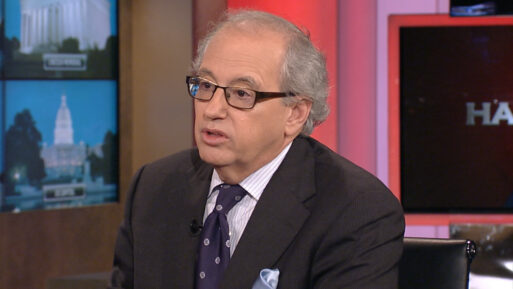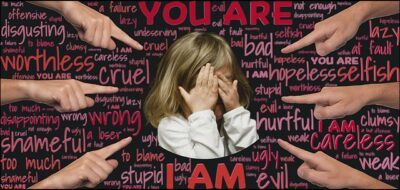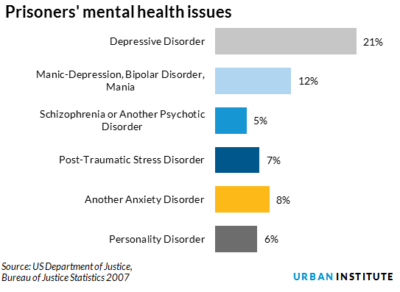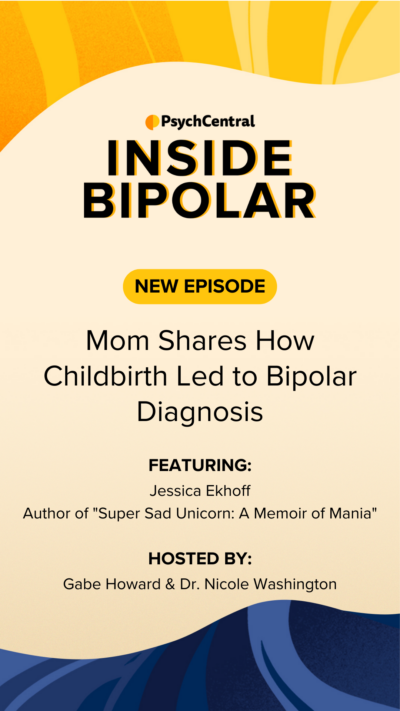
(5-4-23) Norm Ornstein, who lost his son to mental illness, did a fabulous job this morning on the MSNBC show, Morning Joe, calling for better mental health care in our nation. A tireless advocate for those living with a serious mental illnesses, Ornstein echoed many of the same points that he and fellow advocate, Miami Dade Judge Steven Leifman, made in an article entitled: Locking People Up Is No Was To Treat Mental Illness, published this month in The Atlantic Magazine.
I’m printing that article because it is excellent and because Morning Joe did not feature Ornstein’s remarks on its MSNBC page, instead showing a clip of the Rev. Raphael Warnock, junior Democratic U.S. Senator from Georgia, discussing mental health. This editing is unfortunate because of the powerful points that Ornstein made.







